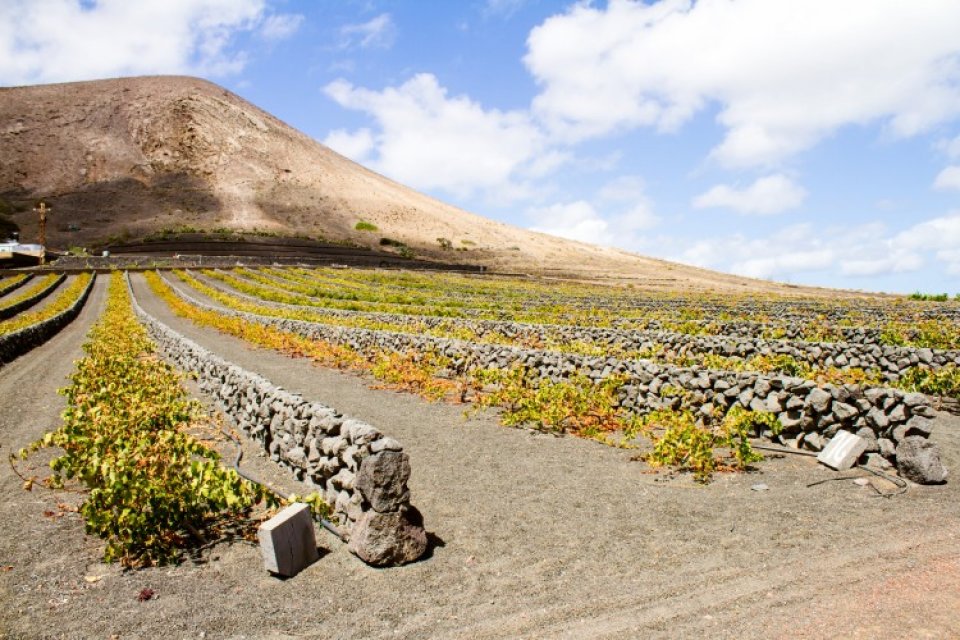
The wine exemplar is led by researchers from Lund University in Lund, Sweden, but includes work in several different wine producing (Portugal, Germany, England) and consuming (Sweden) areas.
The wine exemplar seeks to understand how different players in the wine value chain (producers, retailers, consumers) influence wine production and thus the ecosystem services provided by vineyard ecosystems.
Since wine is a consumer product, ecosystem services may be more likely to be incorporated into vineyard management and decision-making if they are something consumers, retailers, and distributors value and demand. Our approach is unique because most scientific work on ecosystem services focuses only on the production end of the value chain. In addition to working with growers to understand their motivations and barriers to shift to more sustainable practices, we are also working with retailers and distributors to understand how they can and do influence wine production and hence the provision of ecosystem services.
Our research is relevant for other agricultural production systems that result in products that are sold to consumers. While the details of these value chains might differ, the importance of including actors other than just producers and of understanding how these different actors can influence the provision of ecosystem services is applicable to many different sectors.
Wine retailers are eager to better understand the landscape of sustainably produced wine. Practitioners may not have the type and complexity of data required by the tools researchers have developed.
